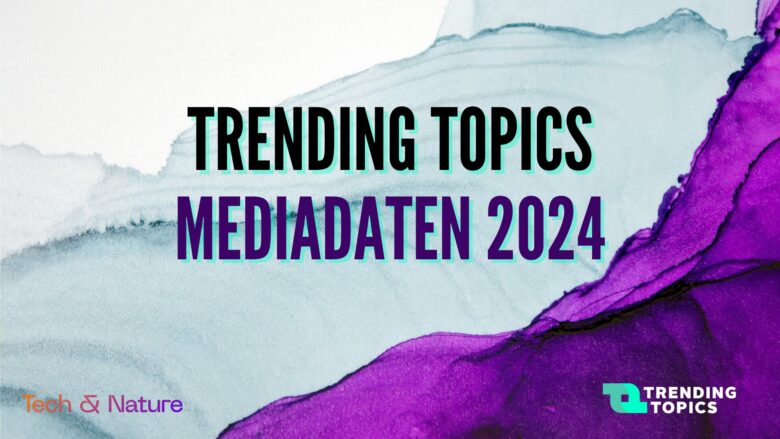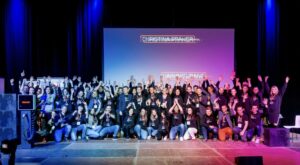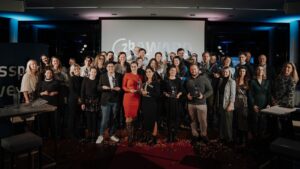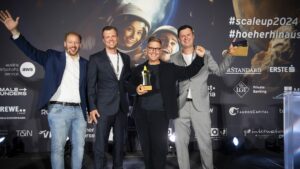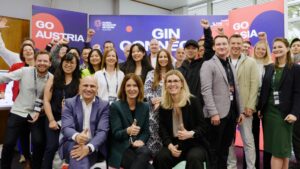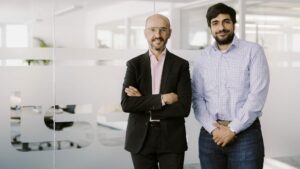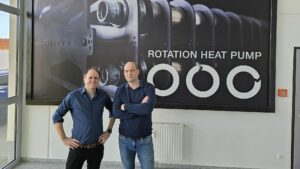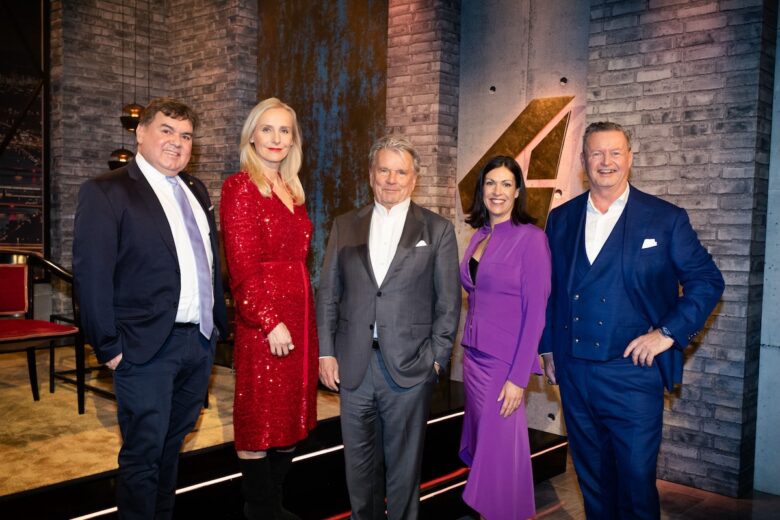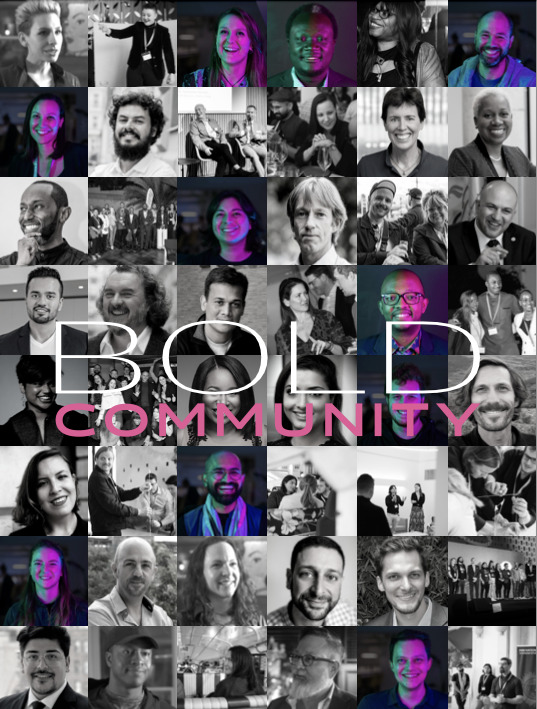How technological ideas should achieve the SDGs
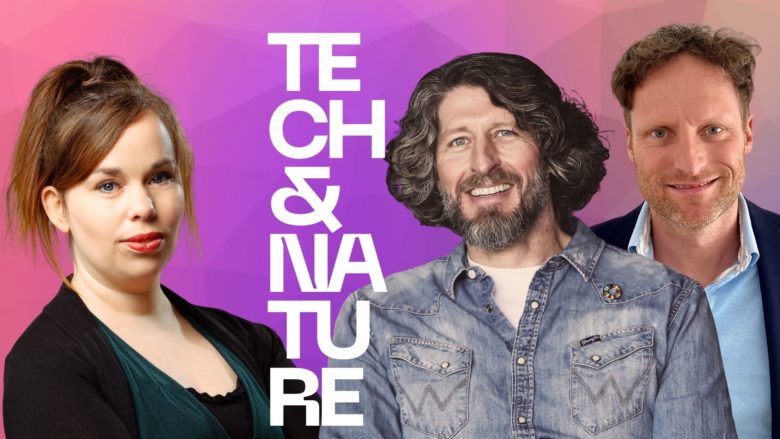
Marc Buckley is an advocate for the SDGs, Member of the Expert Network for the World Economic Forum for Innovation, Climate Change, Agriculture, Food, and Beverages, an international climate speaker and much more. I will speak with him togehter with Lothar Stadler, Chief Commercial Officer of Imhotep.Industries about the climate crisis, the SDGs and the importance of fresh water. Other topics were also:
- the 3rd part of the sixth IPCC report
- the potential of meat cultured from cells
- what role vertical farming could play
- why clean water is an SDG
- how Imhotep.Industries harvests drinking water from the air
- how far the development of the Phantor has come
- the potential of technical solutions to end water scarcity
- more solutions for a more sustainable life
- how global warming can be stopped
- what’s next for the Phantor
- whether the SDGs can still be achieved by 2030
Editorial comment on the IPCC and geoengineering:
The Intergovernmental Panel on Climate Change (IPCC) included the issue of geoengineering in the Summary for Policymakers of its Working Goup I on AR5 published in 2013. A distinction is made between carbon dioxide removal/CDR technologies and solar radiation management/SRM.
In the March 2022 Summary for Policymakers of his Working Group II on AR6, the researchers noted to SMR:
„Solar radiation modification approaches, if they were to be implemented, introduce a widespread range of new risks to people and ecosystems, which are not well understood (high confidence). Solar radiation modification approaches have potential to offset warming and ameliorate some climate hazards, but substantial residual climate change or overcompensating change would occur at regional scales and seasonal timescales (high confidence). Large uncertainties and knowledge gaps are associated with the potential of solar radiation modification approaches to reduce climate change risks. Solar radiation modification would not stop atmospheric CO2 concentrations from increasing or reduce resulting ocean acidification under continued anthropogenic emissions (high confidence).“
-
auf Spotify
-
auf Apple Podcasts
-
auf Google Podcasts
-
auf Amazon Music
-
auf PodParadise
-
auf Listen Notes
-
auf Anchor.fm
-
auf PodTail
Mehrmals wöchentlich sprechen Jakob, Jasmin, Georg, Oliver und Marcel mit Gründer:innen, Investor:innen, Expert:innen, Wissenschaftler:innen und Politiker:innen über die Themen Digitalisierung, Technologie, Startups und Klimaschutz. Die Themen sind als vertiefende Gespräche zu aktuellen News, die es bei Tech & Nature und Trending Topics zu lesen gibt.



